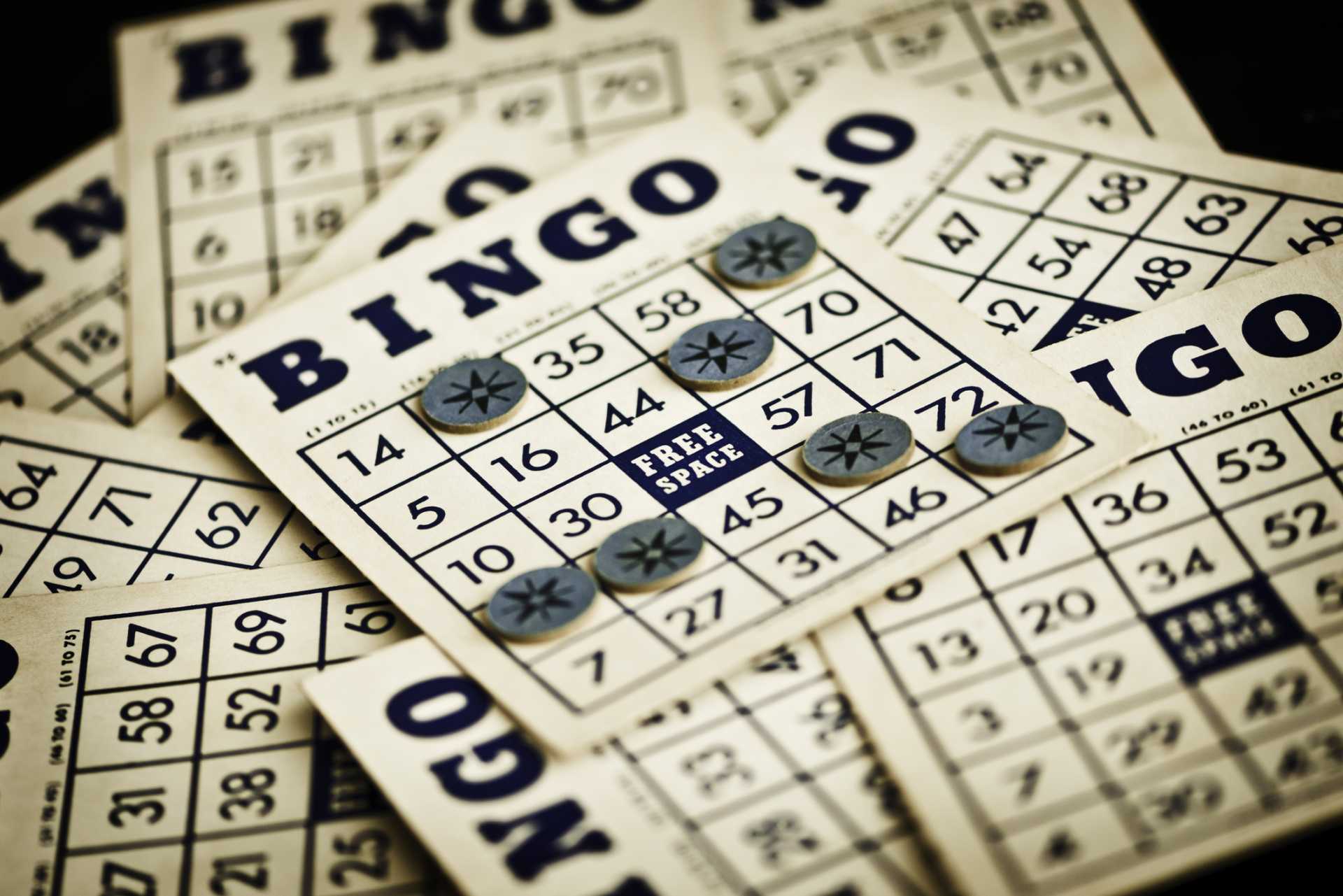Bingo has long been a staple of British entertainment, evolving from a community pastime into a thriving industry that spans both traditional halls and online platforms. Despite changes in gaming trends, bingo remains one of the UK’s most beloved games, attracting players to online bingo.
The Cultural Significance of Bingo
Bingo has deep roots in British culture, dating back to the early 20th century when it was played in social clubs and community halls. The game became particularly popular in the post-war era, offering an affordable and accessible form of entertainment.
For many, bingo is more than just a game it’s a social event. The communal aspect of bingo halls has fostered friendships and traditions, making it a cherished activity among older generations. However, the game’s appeal has expanded beyond its traditional audience, with adult players embracing modern adaptations.
The Rise of Online Bingo
The digital revolution has transformed bingo, making it more accessible than ever. Online bingo platforms have surged in popularity, allowing players to enjoy the game from the comfort of their homes. The convenience of mobile apps and websites has attracted a new wave of players, contributing to the game’s sustained success.
Online bingo offers a variety of formats, including 75-ball, 90-ball, and themed bingo rooms. Interactive features such as chat rooms, loyalty rewards, and live-hosted games replicate the social experience of traditional bingo halls. The ability to play anytime, anywhere has made bingo more appealing to a broader demographic.
Bingo’s Economic Impact
Bingo is a significant contributor to the UK’s gambling industry. The gross gambling yield (GGY) of the British in-person bingo industry in the 2022/23 fiscal year totalled nearly 600 million British pounds, while online bingo generated around 170 million British pounds. These figures highlight the game’s enduring popularity and financial importance.
Bingo halls continue to operate across the UK, providing employment opportunities and supporting local economies. Meanwhile, online bingo platforms drive revenue through subscriptions, in-game purchases, and advertising partnerships.
The Social and Psychological Appeal
One of the key reasons for bingo’s lasting popularity is its simplicity. Unlike complex casino games, bingo requires minimal strategy, making it accessible to players of all skill levels. The excitement of waiting for numbers to be called and the anticipation of winning create a thrilling experience.
Additionally, bingo fosters a sense of community. Whether played in a physical hall or an online chat room, the game encourages interaction and camaraderie. Many players enjoy the social aspect as much as the gameplay itself.
The Future of Bingo in the UK
As technology continues to evolve, bingo is expected to adapt further. Virtual reality (VR) bingo, and AI-driven game hosts on gaming platforms could shape the future of the industry.
Despite these innovations, the core appeal of bingo remains unchanged—it’s a game of chance, excitement, and social connection. Whether played in a bustling hall or on a smartphone, bingo continues to bring people together, proving that some traditions never fade.


